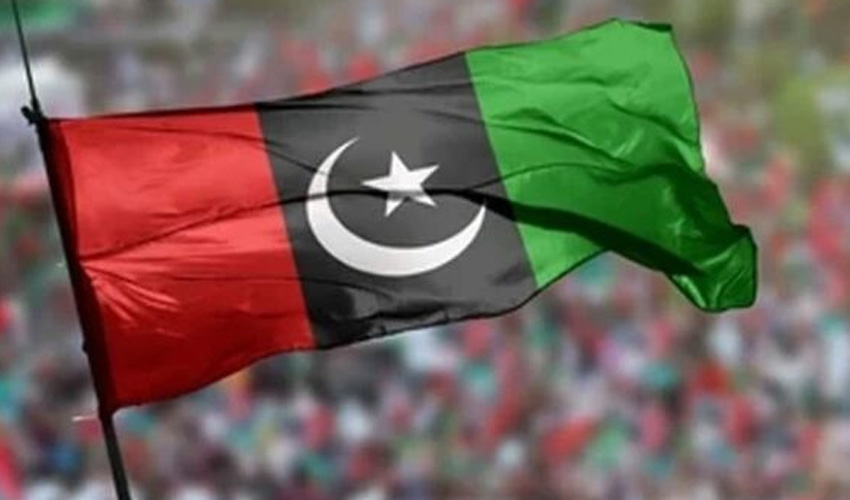Justice Muhammad Ali Mazhar of the Supreme Court's constitutional bench said on Wednesday that whether it was Kulbhushan or a citizen of any other country, consular access was available to everyone.
According to details, the Supreme Court was hearing the case against the declaration of military trials of civilians as null and void.
Khawaja Haris, counsel for the Ministry of Defence, argued that the Indian spy had been granted the right to appeal, but not the citizens of his own country.
He stated that Kulbhushan had received consular access under the Vienna Convention. Haris added, “He cannot be compelled to grant him the right to appeal.”
Justice Muhammad Ali Mazhar reiterated, “Whether it was Kulbhushan or a citizen of any other country, consular access was available to everyone.”
Justice Hassan Azhar Rizvi questioned, “If the accused cannot afford a lawyer, does the government provide a lawyer?”
Haris responded, “Yes, in such a case, the government provides the facility of a government lawyer.”
The hearing of the appeals against the declaration of military trials of civilians as null and void in the Supreme Court was adjourned till tomorrow.
Arguments continued in response by Ministry of Defence lawyer Khawaja Haris. The constitutional bench was informed about the rules followed during the trial. During the proceedings, the law concerning the right to appeal for the Indian national Kulbhushan was also mentioned.
Justice Jamal Mandokhail stated that the court must be satisfied not only regarding the transparency of the trial but also with adherence to legal procedures.
Haris maintained that Article 36 of the Vienna Convention related specifically to foreign nationals.
Justice Muhammad Ali Mazhar affirmed that according to the Vienna Convention, India was the sending state in the Kulbhushan case. He remarked that the relevant law had become part of domestic law and could benefit anyone.
Justice Musarrat Hilali referred to Justice Waqar Seth’s decision in the Peshawar High Court, noting that it had received a strong reaction, but the same decision was later presented in his favour before the International Court of Justice.
Haris said: "In a military trial, the entire process of framing charges followed proper procedure, and the accused were provided full opportunity to defend themselves. The accused were informed of the officers who would conduct their trial and had the right to raise objections against any of them."
Justice Jamal Mandokhail commented that trials in military courts could not be compared with those in civilian courts. He asked, “My question is whether one can pray with humility and submission without performing ablution?”
Haris responded, “Your question is very complex; it requires time.” Arguments by the Ministry of Defence’s legal team were scheduled to continue on Thursday.



























